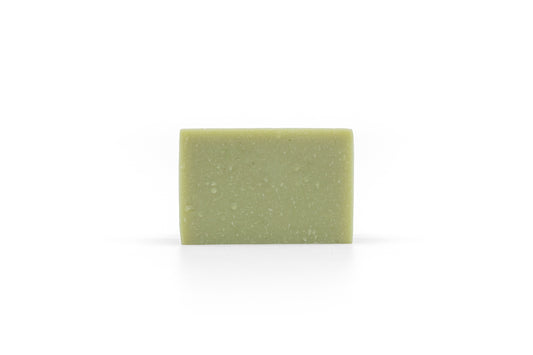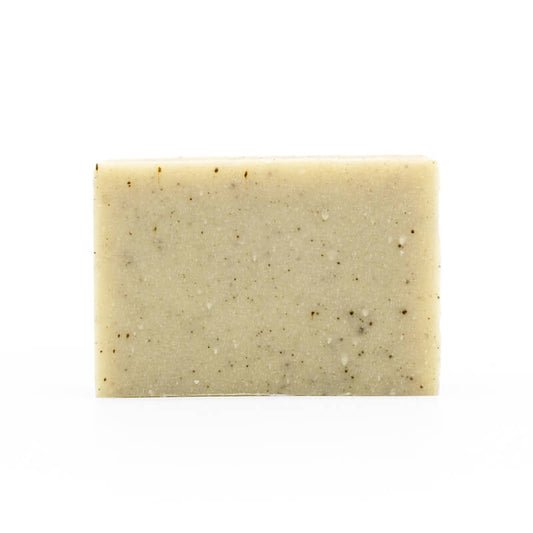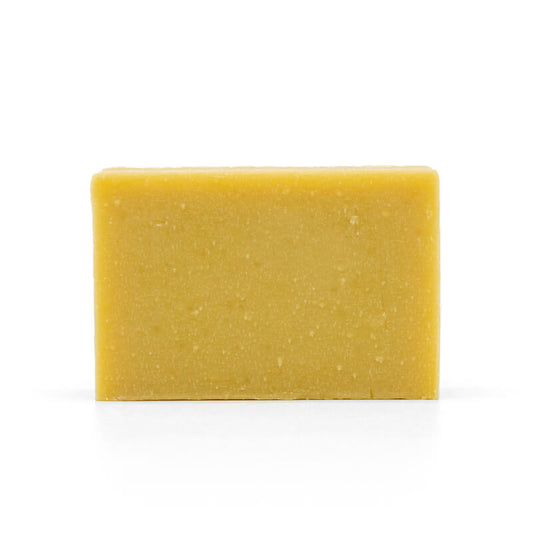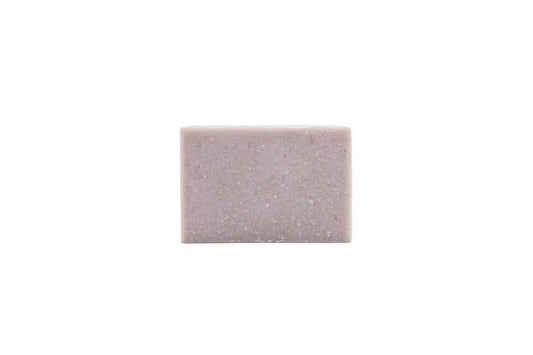Lemongrass Essential Oil

An herb that appears in numerous kitchens and spas, lemongrass is known for its attractive taste and smell. The allure of lemongrass has made it an essential addition to the natural fragrance library at Beaverton’s, adding its charm to the scents of naturally derived handmade soaps.

The lemongrass plant ; Image: Green Thumbs Garden
Many different related plants in the grass family are known by the name “lemongrass”, including the well known citronella plant which is used in the production of citronella oil. The most commonly grown type of lemongrass is the West Indian lemongrass, or Cymbopogon citratus, and this is the variety that is most popularly used in cuisine. West Indian lemongrass is native to the coastal areas of Southeast Asia but it can now be found in a number of tropical regions around the globe. As an herb, lemongrass is most famous for its citrusy flavour and scent, often being used interchangeably with lemons in culinary dishes. Lemongrass may also be used to brew sweet teas and as a source of fragrant oils. A plant with many uses, lemongrass has long been included in the practices of traditional Indian medicine as a treatment for a variety of ailments; Brazilian folk medicine uses lemongrass to make medicinal teas, and certain Polynesian cultures use crushed lemongrass for medicinal purposes as well. Lemongrass and its oils are also useful in repelling certain types of biting fly, much like the related citronella plant and its oils. Although it repels some species of fly, the scent of lemon grass attracts certain pollinators, with beekeepers sometimes using lemongrass as a tool to attract honeybees. Today lemongrass oil is a very common additive in household cleaners, because of its smell and ability to extend how long surfaces remain clean.

Bundles of lemongrass after harvest ; Image: Viet World Kitchen
Essential oils of lemongrass are produced with steam distillation, and it is a popular ingredient in skincare products and other scented goods. The aroma of lemongrass is highly reminiscent of lemon peels, although it is slightly sweeter and more herbaceous while also being less tart. This is primarily owed to the high concentration of the aromatic compound citral found in West Indian lemongrass. Further enhancement of citral's scent comes from a mixture of other fragrant compounds including myrcene, citronellol, geraniol, and linalool. This alluring combination of constituents makes West Indian lemongrass essential oil perfect for use in cold process soaps.

Herbal tea made with lemongrass ; Image: Good LFE
The naturally derived soaps of Beaverton’s use lemongrass essential oil together with complimentary herbs to bring a tantalising aroma to the air when washing or bathing. This scent driven experience is framed with the stimulating smell of lemongrass. Together with natural fragrances from around the world, lemongrass can be enjoyed in Beaverton’s handmade small batch soap bars.







